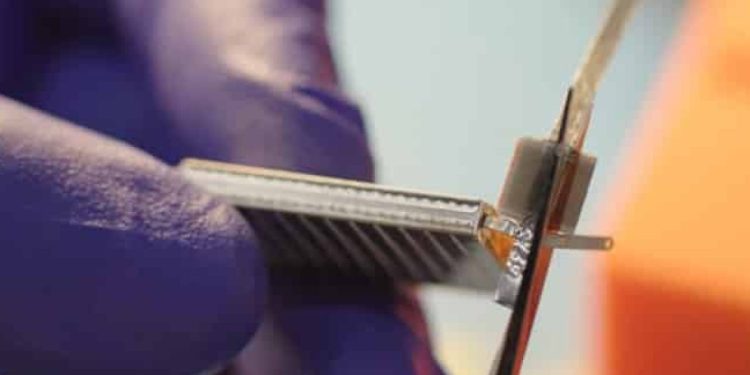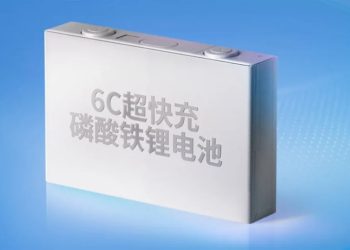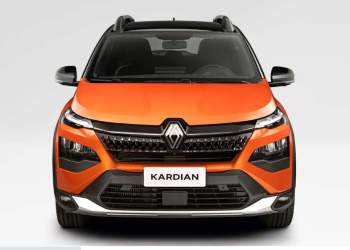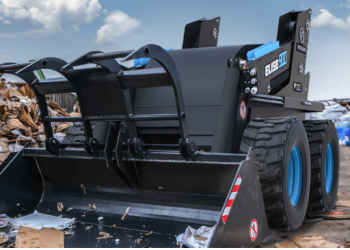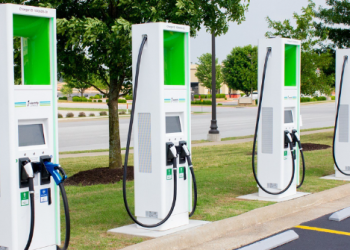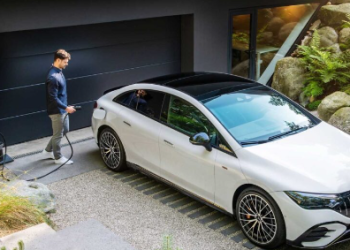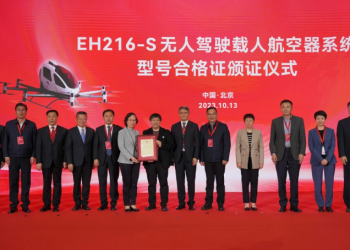An efficient, safe and fast charging system are major challenges facing electromobility in its massification process. At the same time, this situation opens up a great number of opportunities for companies seeking to develop new technologies that not only contribute to sustainable mobility, but also become an attractive business model.
The elements that make up the batteries of electric vehicles are under constant study to optimize recharging processes. In this sense, an innovation was presented by the U.S. startup Enovix, which is working on a silicon anode battery design that is capable of recovering 98% of its capacity in just 10 minutes and withstand 1,000 charge and discharge cycles.
The process replaces the graphite in battery cell anodes with a 3D-molded silicon architecture. Silicon stands out as an alternative material to graphite because of its far superior energy storage potential.
Read also: Formula E Unveils Provisional Calendar for 2023
During tests carried out on June 13, Enovix announced that it had succeeded in demonstrating that its battery can be recharged to 80% in just 5.2 minutes and reach 98% in less than 10 minutes.
Innovation Details
Unlike the horizontally wound structure of a conventional lithium-ion cell, the 3D architecture allows for a reduction in the stainless steel required to apply pressure to the packaging and maintain the connection of the silicon particles. The result is a significant increase in energy density and battery life.
Enovix has also worked on the packaging process. The standard production procedure for lithium-ion batteries is replaced by an electrode winding method using patented laser design tools, which increases the speed of cell stacking and increases the capacity of the production line by 30%.
For Enovix Co-Founder, CEO and President Harrold Rust, fast charging can accelerate the mass adoption of electric vehicles. He asserts that as electric vehicle manufacturers seek batteries with longer ranges, the public and private sectors are working to increase access to a widespread and reliable fast charging network.
“We are proud to support these goals to help electrify the automotive industry and demonstrate that our batteries are an exciting option for powering long-range, fast-charging electric vehicles,” added Rust.



